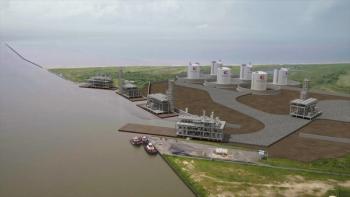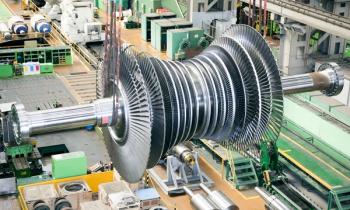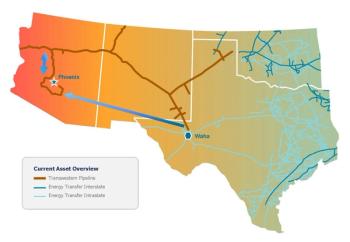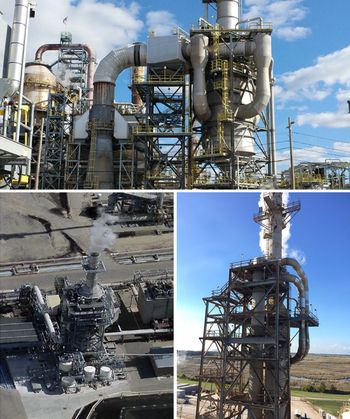
bp Acquires Full Ownership of Biofuels Joint Venture: bp Bunge Bioenergia
Following the 50% stake acquisition, bp can produce 50,000 barrels a day of ethanol equivalent from sugarcane through 11 agro-industrial units in Brazil.
bp agreed to absorb Bunge’s 50% holding interest in the bp Bunge Bioenergia S.A. joint venture and, upon completion, will become the sole owner of the industrial sugarcane and ethanol business. The acquired stake is valued at approximately $1.4 billion and will consolidate 100% of the joint venture’s financial results, including a net debt of roughly $500 million and lease obligations of about $700 million.
“bp Bunge Bioenergia is widely recognized as a leader in the industry,” said Emma Delaney, Executive Vice President of Customers and Products, bp. “I am excited by the opportunity for bp to now add further value from our trading and technology capabilities. bp was an early entrant into the bioenergy business in Brazil and we look forward to continuing to grow and develop here.”
The acquisition provides bp the capacity to produce approximately 50,000 barrels per day of ethanol equivalent from sugarcane using the joint venture’s 11 agro-industrial units in five Brazilian states. bp leverages an integrated business model that covers the total production chain, including the sales of ethanol and sugar. The ownership will also offer the potential to develop additional platforms for bioenergy, such as next generation ethanol, sustainable aviation fuel (SAF), and biogas.
In addition to the bp Bunge Bioenergia acquisition, the company is scaling back development plans for new SAF and renewable diesel biofuels projects at existing locations, aligning with its goal to simplify the portfolio. Planning is paused for two potential projects and three are being assessed for progression. The 50% stake acquisition is expected to close by year-end 2024.
“Focusing our plans to develop new biofuels projects is also driven by value,” said Delaney. “Taken together, these changes can enable us to deliver the growth and returns we expect from biofuels, but in a simpler, more focused way. This is fully in line with bp’s priorities of driving focus into the business and growing shareholder returns.”
In October 2023,
“Our family company is constantly looking for technologies to lessen our overall impact and further our efforts to protect and preserve the environment,” said Jeff Rumpke, Area President, Rumpke Waste & Recycling. “The addition of Archaea Energy’s RNG plant at our site will help further reduce emissions and give residents and businesses assurance that their waste is not only being properly disposed of but also being put to good use.”
Landfill gas is a byproduct of decaying organic and inorganic waste at a dump site, entering the atmosphere as a form of greenhouse gas (GHG). The AMD system captures GHGs from the adjacent landfill owned by Rumpke Waste and Recycling and transforms the gas into electricity, heat, or RNG. The conversion of gas-to-energy filters landfill byproducts from the air and provides sustainable energy in comparison to fossil-based burning.
Newsletter
Power your knowledge with the latest in turbine technology, engineering advances, and energy solutions—subscribe to Turbomachinery International today.




